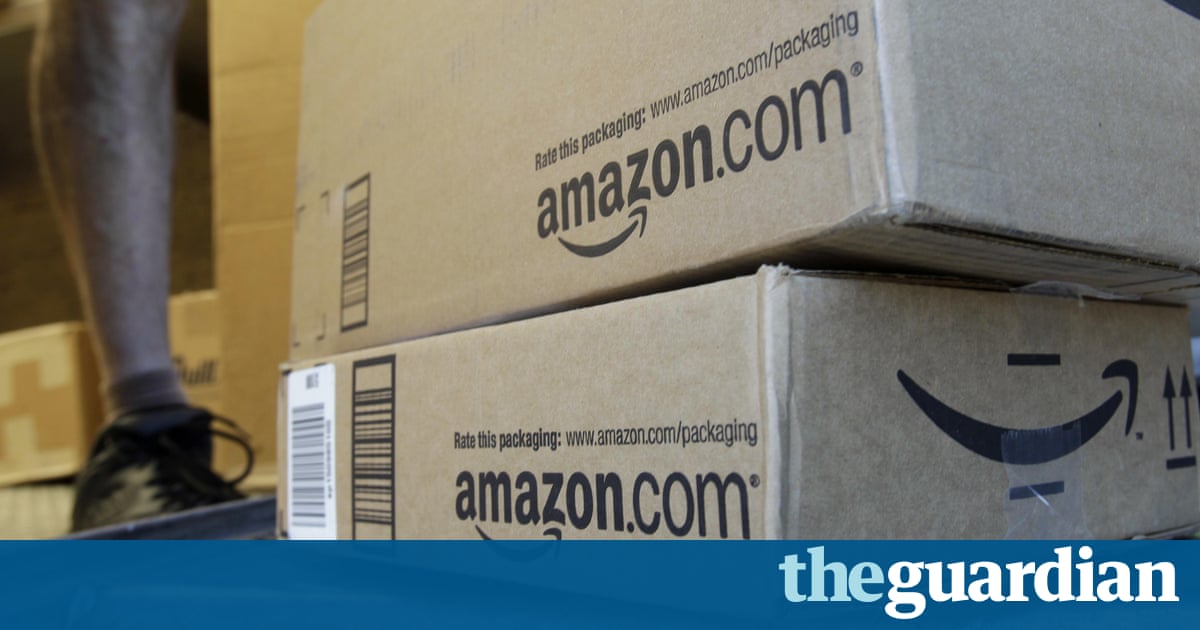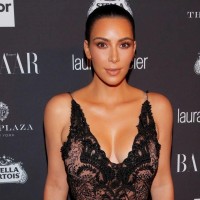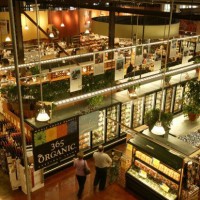By signing up to the retail giants affiliate network, Amazon Associates, publishers can earn commissions from linking to products on Amazon.com

In July 2015, Amazon declared its own annual holiday: Amazon Prime Day. The retail giant promised deals on a wide range of products for customers signed up to its membership program, Amazon Prime.
This is the second Amazon Prime Day, and its pretty hard to miss. At the time of writing, the #PrimeDay hashtag was one of Twitters top 10 worldwide trends. Media outlets including the Daily Mail, USA Today, the Telegraph, PC World and CNet are publishing numerous stories about the discounts on offer, and urging readers to sign up for an Amazon Prime trial.
What many of those readers wont realise is that publishers are financially incentivised by Amazon to write about Prime Day. By signing up to the retail giants affiliate programme, Amazon Associates, publishers can earn commissions from linking to products on Amazon.com.
Media partners are given access to a tool that lets them generate unique hyperlinks to products that they can put in their news articles that way Amazon can tell which publisher sent a given customer to its website. If the customer buys a product from Amazon, the publisher is rewarded with a kickback of between 1% and 8.5% of the items value (higher if a publisher has negotiated a bespoke partnership), along with anything else they buy from the site at the same time.
Publishers also get paid $3 each time someone signs up for the 30-day free trial of Amazon Prime.
Affiliate marketing is nothing new and it can be a legitimate way for publishers to make money and for retailers to drive sales. News organisations commonly write about products and can choose to link to sites where readers can buy them, including Amazon.
However, with Amazon Prime Day publishers are strongly motivated to base their editorial agenda on how they can generate commissions rather than whats in the best interest of the reader.
If a media company is an Amazon Associate, its in their best interest to hype up Amazon Prime Day as much as possible, says Tricia Meyer, an affiliate marketing consultant based in Indianapolis. The deals arent necessarily the best deals of the year, but bloggers and media companies are writing about them as a way to make a bit of extra money.
Lewie Procter is the founder of SavyGamer, a website that flags daily deals on video games. The majority of the websites revenue comes from affiliate deals. He is part of Amazons Associates programme, but he hasnt linked to any Prime Day deals this year.
I never put anything on my site unless Im confident its the best deal even if that means linking to a retailer I dont get commission from. Its worth more to me to have my users implicitly trust that Im getting the best deal for them rather than pushing a place with a better margin, says Procter.
In the US, Federal Trade Commission guidelines state that publishers who use affiliate links are supposed to disclose the commercial arrangement. If you disclose your relationship to the retailer clearly and conspicuously on your site, readers can decide how much weight to give your endorsement, says the FTC. Putting disclosures in obscure places for example, buried on an about us or general info page, behind a poorly labeled hyperlink or in a terms of service agreement isnt good enough.
For David Weinberger, a researcher at Harvards Berkman Klein Center, transparency about affiliate relationships may not be enough.
Transparency is good but not sufficient because the transparency is revealing that the news medium is in fact taking money from the subject of its journalism, he says. And perhaps most perniciously it gives large stores with the most generous affiliate relationships an advantage in the market.
Last years Prime Day, which marked Amazons 20th birthday, was a major success for Amazon. July is typically a slow month for retailers and the hype around the first event in 2015 meant that Amazon sold more units than it did on Black Friday, the sales extravaganza that takes place on the day after Thanksgiving, the year before.
Read more: https://www.theguardian.com/technology/2016/jul/12/amazon-prime-day-retailers-incentives






